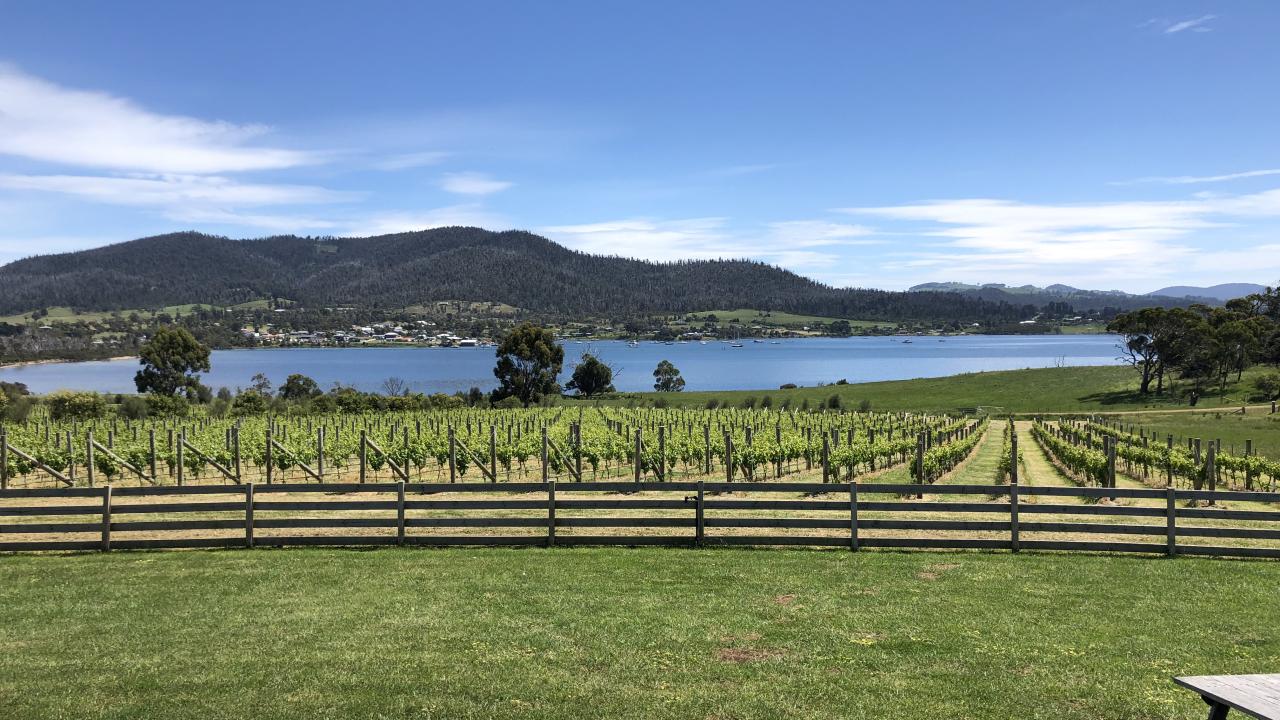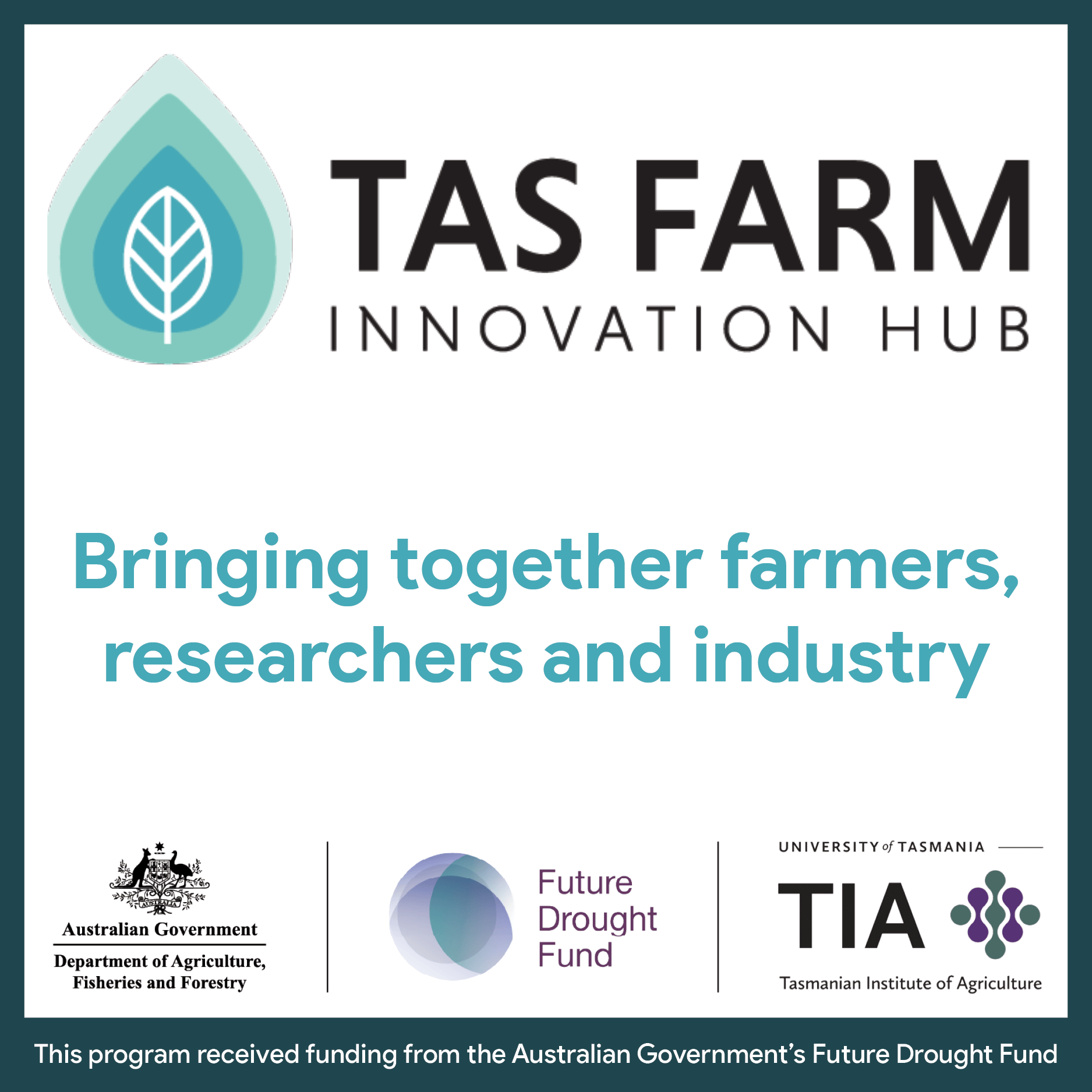Anger rises over council rates

AWARD-winning Tasman Peninsula producer Matt Dunbabin says he and other producers are being “rated out of existence”.
Last financial year his rates with the Tasman Council increased by 27 per cent following a nine per cent rise the previous year.
“I worked out that we farmers pay between 25 and 30 times more than what the average ratepayer does,” Mr Dunbabin said.
Mr Dunbabin and his wife Vanessa farm at Dunalley and have developed the popular tourism venture Bangor Vineyard Shed.
“In a lot of cases in our municipality, farmers receive fewer services than a non-farming ratepayer,” Mr Dunbabin said.
“So we’re subsidising everybody else in the council area through extraordinarily high levels of rates.”
Mr Dunbabin said that despite costs such as insurance, labour, fuel and fertiliser at his farm rising substantially, the increase in council rates had outstripped them all.
“Farmers are being rated out of existence.
“We provide a lot of services to the community.
“We’re not just producing food and fibre here, we’re providing open landscapes.”
Bangor Farm has more than 5000 hectares of native forest pastures that are home to about 250 Tasmanian devils and other species such as wedge-tailed eagles.
The property also has superfine Merino sheep, cattle and lambs, alongside its vineyard and cellar door.
Mr Dunbabin said due to higher council rates, maintaining their forest reserves was becoming unviable.
“That land doesn’t generate a return to pay rates on but we’re still being rated on it,” he said.
“The signal that sends is that it is not a valuable use of the land because the real cost pressures make me question how I can keep that low-value land and afford those rates.
“Wool grazing and land where you grow meat are all enterprises that don’t have high returns, yet we are being rated as if they should.”
Concerns aired by producers such as Mr Dunbabin prompted TasFarmers’ CEO Nathan Calman to write an open letter to all 29 councils in the state.
He said it was irresponsible for councils to hike up rates to increase spending or repair mismanaged budgets.
“Tasmanian farmers are some of the most innovative in the country, but it is fast reaching the point that rising costs, including local government rates, will push some farmers past the tipping point,” Mr Calman said in his letter.
“Add to this, successive very dry seasons with increasing wages and insurances combine to threaten the core economic driver of our regional communities, which are our farmers.
“It is disappointing to read some of the justifications for already announced increases, which are well ahead of inflation.”
Mr Calman said councils needed to review the need for rate rises carefully.
“Farmers have no means of recovering this added cost – they are price takers not price settlers – the price of milk, beef and vegetables will not increase to compensate farmers – that cost is either recovered by less money available for the family or cutting back on farm operations including employment – a spiral that all businesses would want to avoid.
“We urge councils to focus on efficiency with a view to stabilising or reducing rates.
“Councils have a clear responsibility to do the right thing – any rate rise in the current economic climate is the wrong thing to do to farmers and the communities, your communities, that depend upon them.”




Add new comment